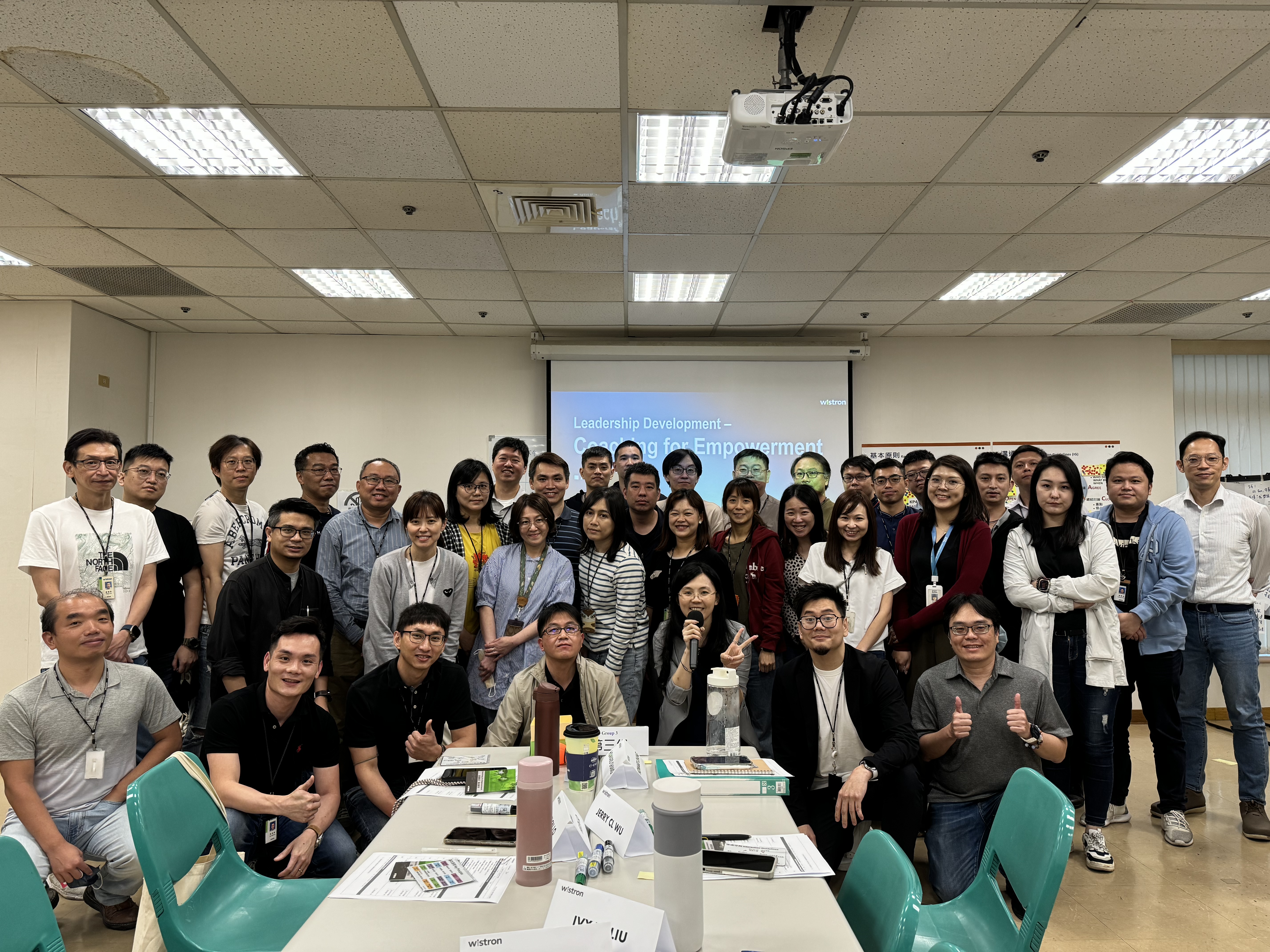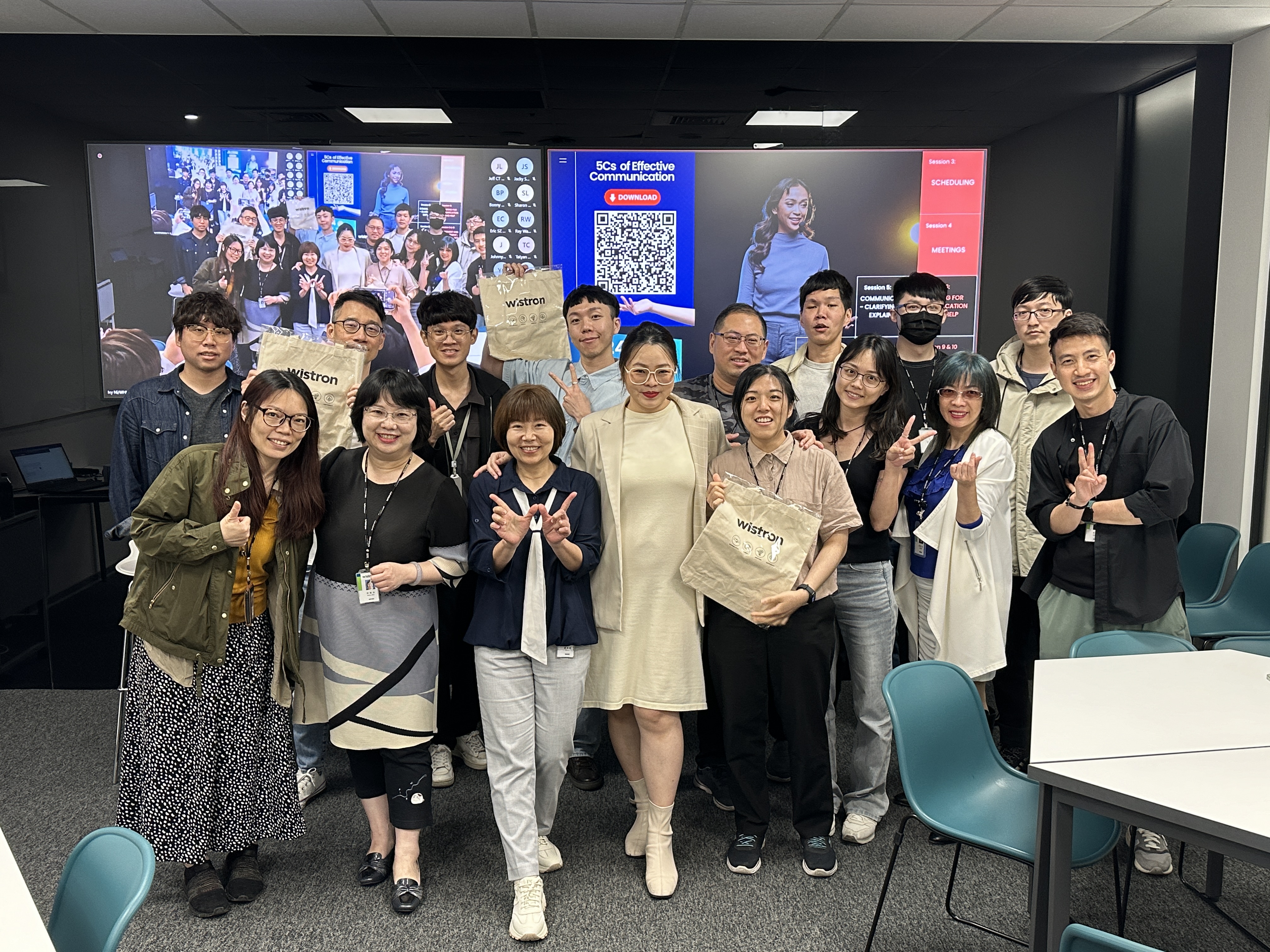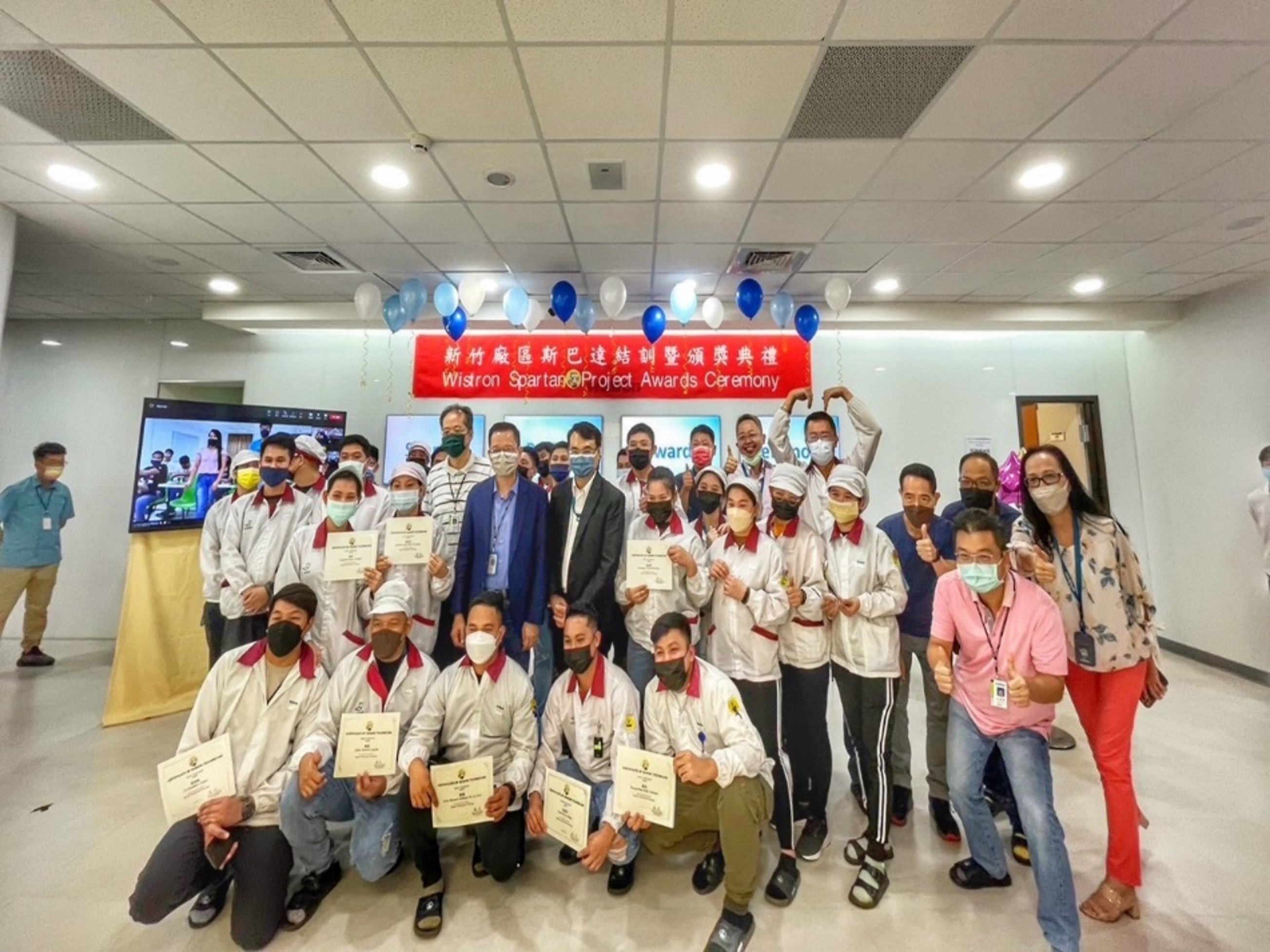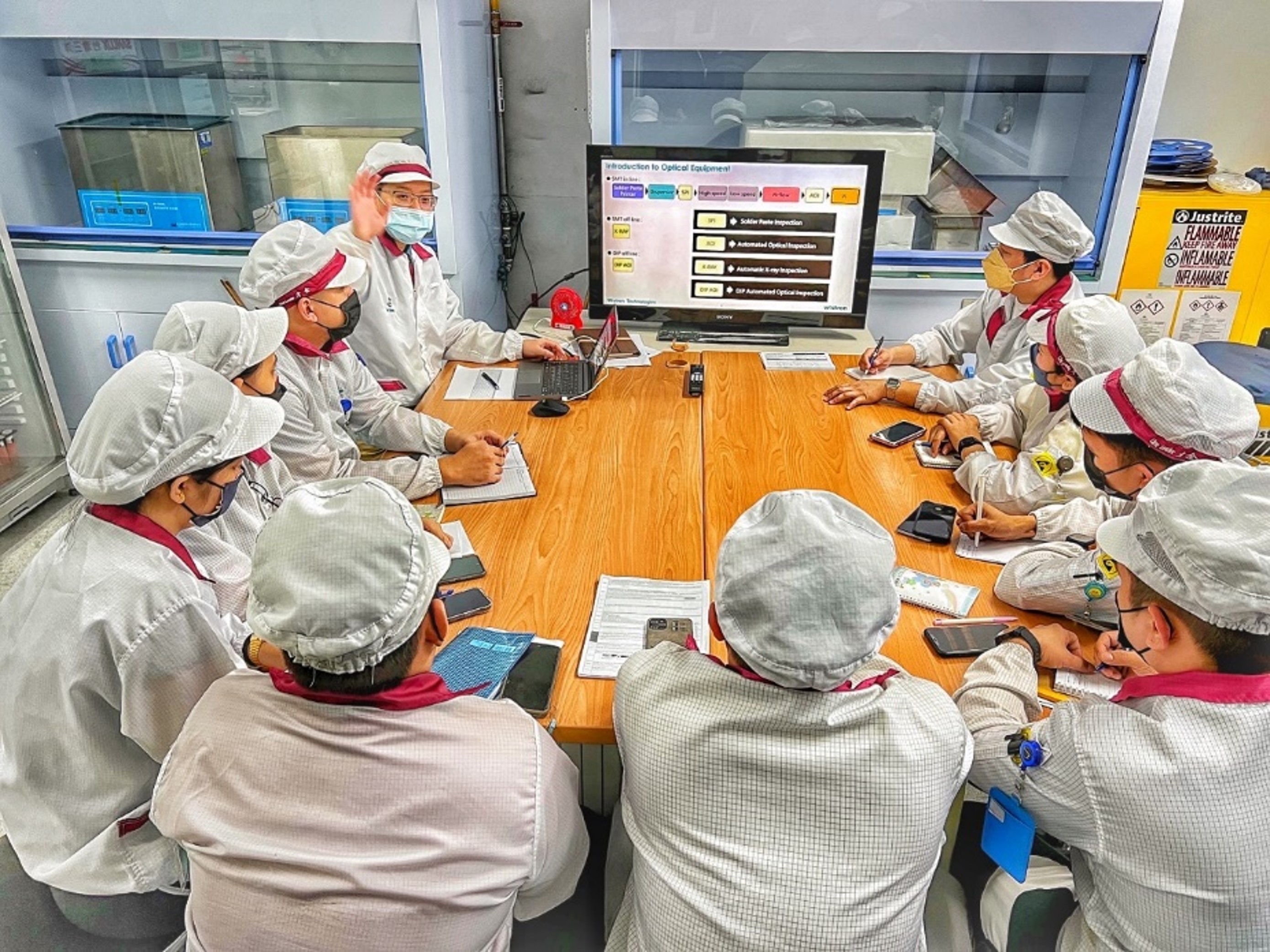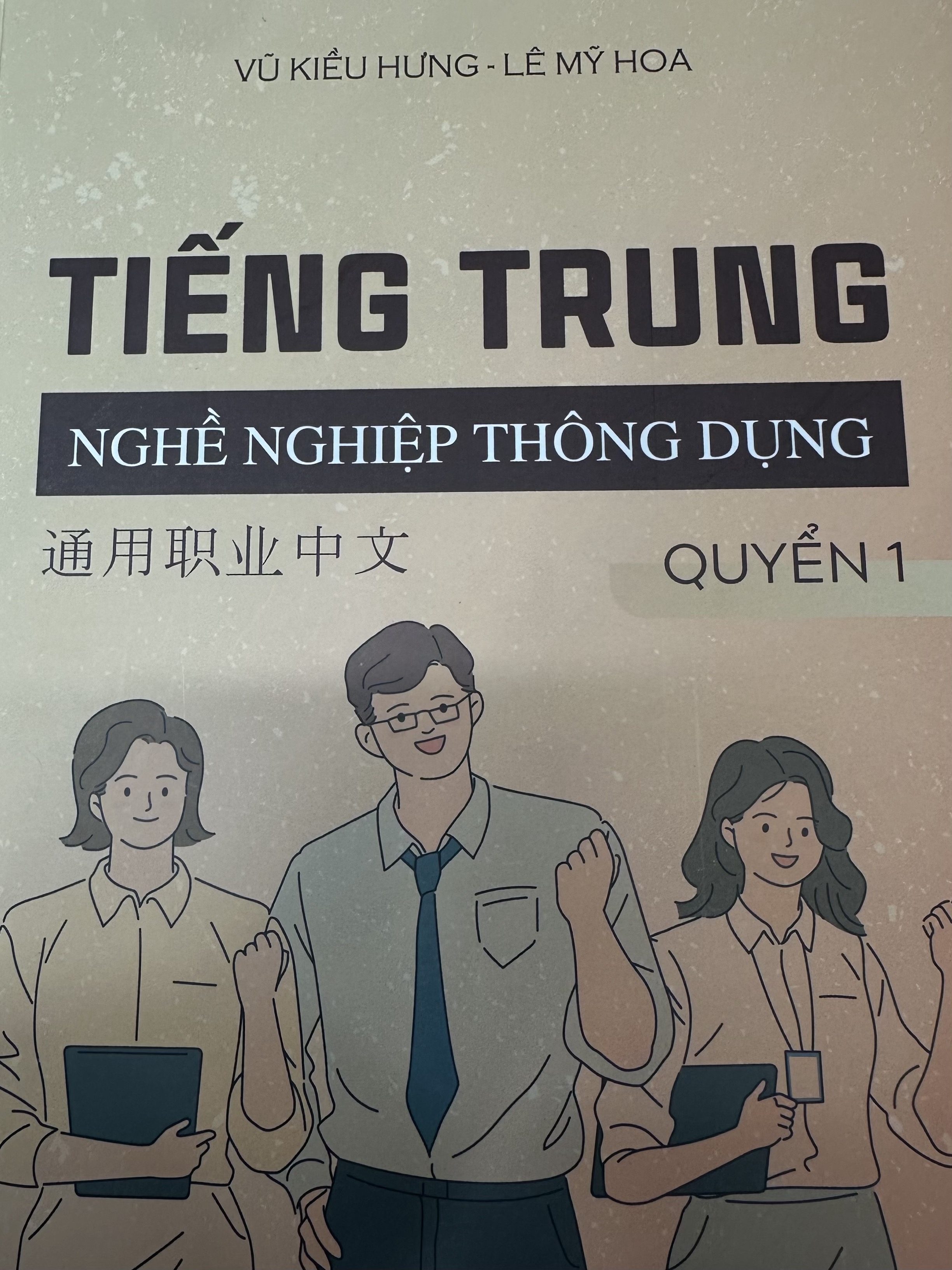Key Strategic Talent Development
In today’s rapidly changing global landscape, Wistron firmly believes that “talent” is the cornerstone of corporate resilience, innovation-driven transformation, and the realization of sustainable goals. In the face of fast-evolving AI technologies, escalating trade tensions, and geopolitical uncertainties, we remain rooted in our core values while advancing our vision of “Sustainability through Innovation.” We strive to enhance employees’ innovation and resilience, with a particular focus on driving innovation in the journey toward net-zero transformation. At the same time, we continue to build employees’ digital competencies as we evolve from "digital transformation" toward "smart transformation." Through developing global leadership and appreciating cross-cultural values, we aim to cultivate diverse and inclusive teams worldwide. Our goal is to empower talent to meet future challenges and grow alongside the company. The following sections outline our actions and commitments in talent development strategy, training, and performance management.

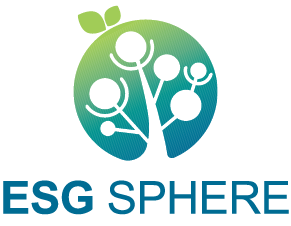

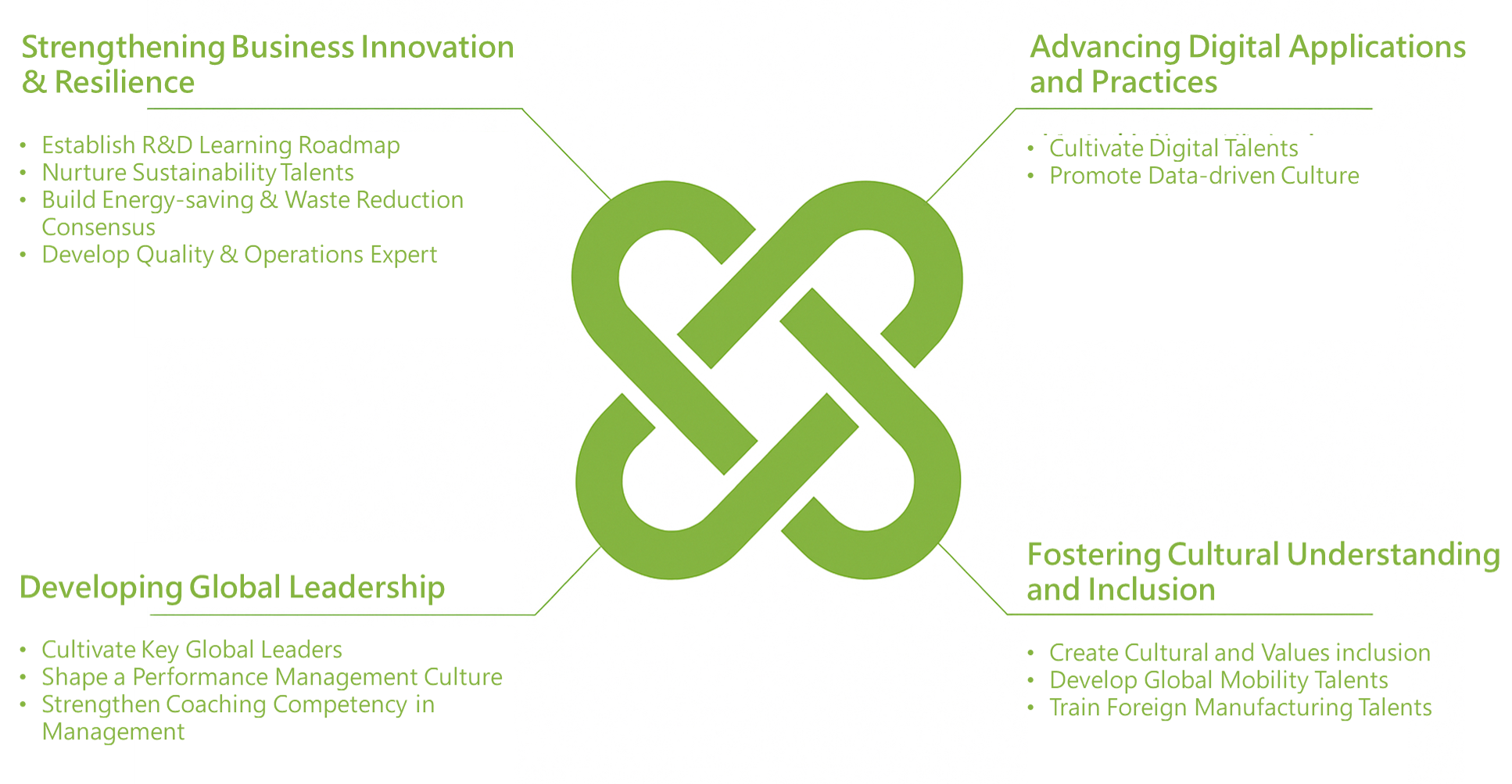
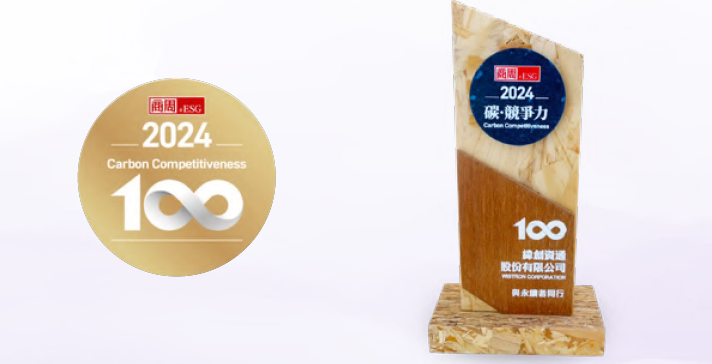
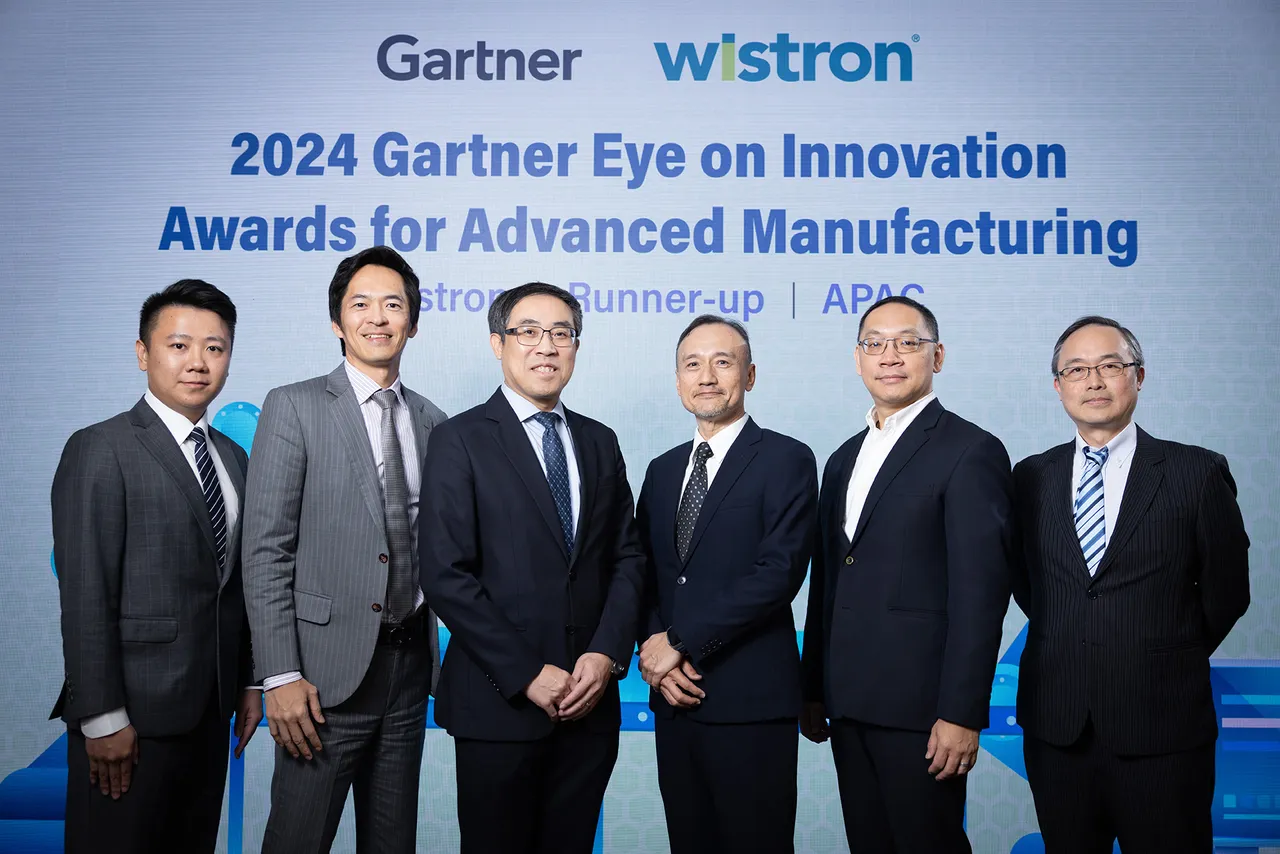


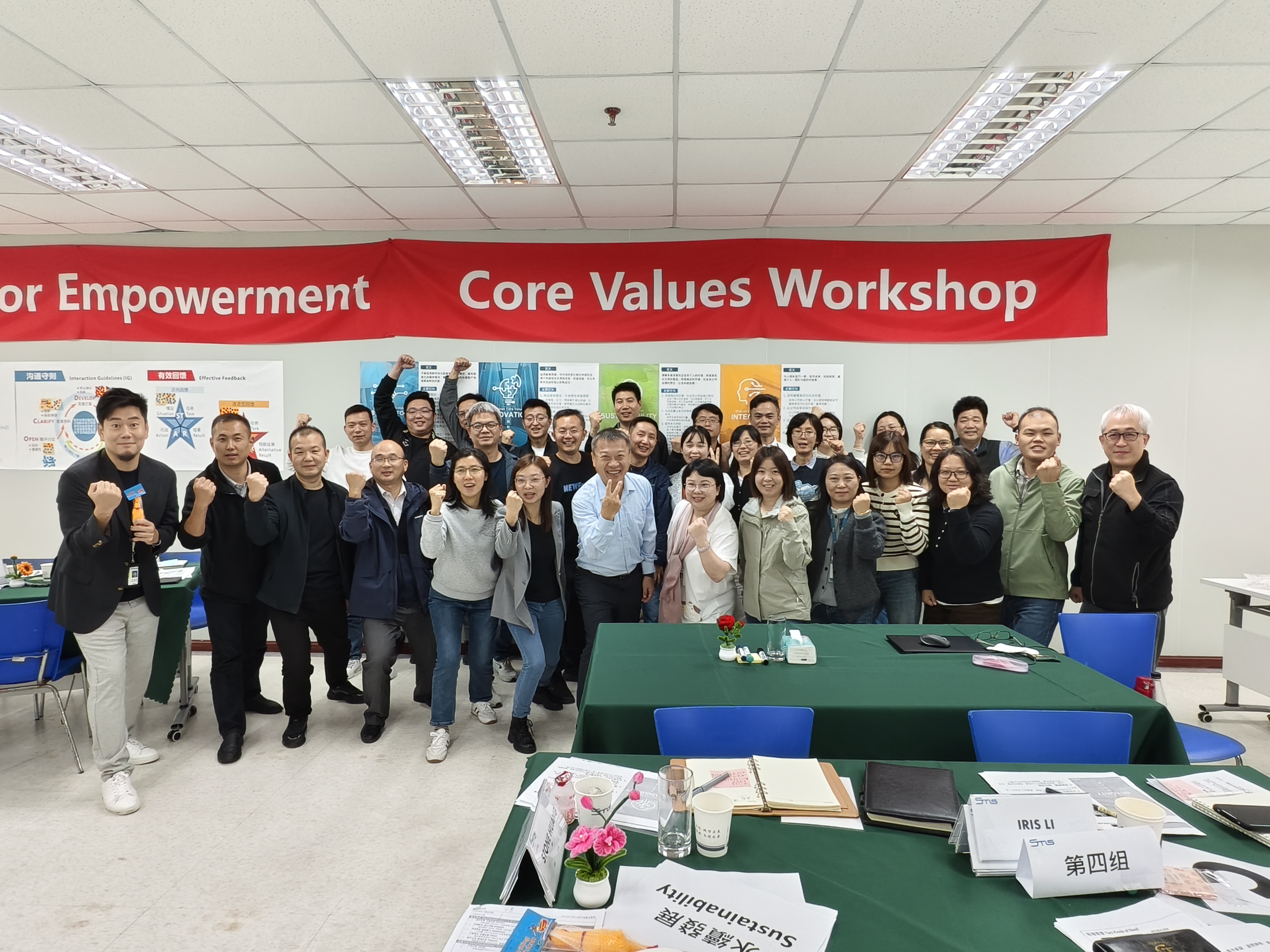
.jpeg)
